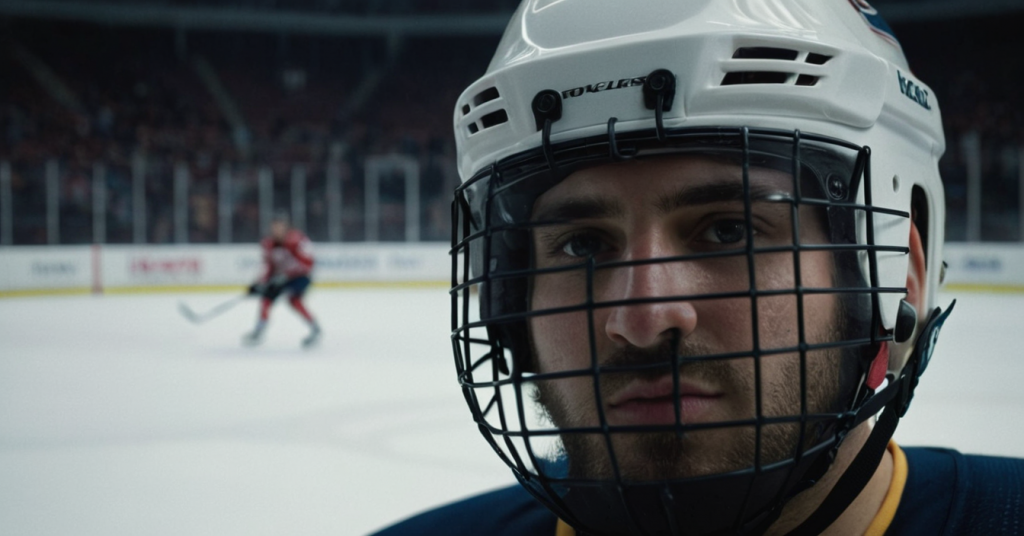What Does Spread Mean in Betting: A Comprehensive Guide

If you’ve ever dipped your toes into the world of sports betting, you’ve likely encountered the term “spread.” But what does spread mean in betting, and why is it so important? In this article, we’ll dive deep into the concept of the spread, exploring its significance, how it works, and why it’s a crucial element in the betting landscape.
The Basics: Defining the Spread
At its core, the spread in betting is a way to level the playing field between two teams or competitors. It’s a number set by oddsmakers to make both sides of a bet equally attractive to potential bettors. This concept is particularly important in sports where there’s often a clear favorite and underdog.
Let’s say you’re at a Super Bowl party, and your friend Dave, who’s not really into sports, asks you about the betting line. You might explain it like this: “Well, Dave, the spread is basically a way to make the game more interesting for betting. Instead of just picking who wins, you’re betting on whether a team can win by more than a certain number of points or if the underdog can keep it closer than that number.”
How the Spread Works in Practice
To truly understand what does spread mean in betting, let’s look at a practical example. Imagine the New England Patriots are playing against the Miami Dolphins. The Patriots are heavily favored to win. The spread might look something like this:
New England Patriots -7.5 (-110)
Miami Dolphins +7.5 (-110)
In this scenario, the Patriots are favored by 7.5 points. If you bet on the Patriots, they need to win by 8 or more points for you to win your bet. If you bet on the Dolphins, you win if they either win the game outright or lose by 7 or fewer points.
The Half-Point Factor
You might have noticed the half-point in our example. This is a common practice in spread betting to avoid ties (also known as pushes). With a whole number spread, if the favorite wins by exactly that many points, all bets are returned. The half-point ensures there’s always a winner and a loser in each bet.

Why the Spread Matters
The spread is crucial because it allows bookmakers to attract bets on both sides of a matchup, even when one team is clearly stronger than the other. Without the spread, everyone would simply bet on the favorite to win, which could be disastrous for bookmakers if that favorite consistently wins.
Think about it like this: If you’re playing basketball with your 10-year-old nephew, it wouldn’t be fair to just bet on who wins. Instead, you might say, “I’ll spot you 20 points.” Now the game is more evenly matched, and betting becomes more interesting.
Different Types of Spreads
While point spreads are the most common, especially in sports like football and basketball, there are other types of spreads used in betting:
Run Line (Baseball)
In baseball, the spread is typically set at 1.5 runs. This is called the run line. For example:
New York Yankees -1.5 (+120)
Boston Red Sox +1.5 (-140)
Here, the Yankees need to win by 2 or more runs for a bet on them to pay out.
Puck Line (Hockey)
Similar to baseball, hockey uses a 1.5 goal spread called the puck line. For instance:
Chicago Blackhawks -1.5 (+150)
Detroit Red Wings +1.5 (-170)
A bet on the Blackhawks would only win if they triumph by 2 or more goals.
Factors That Influence the Spread
Oddsmakers consider numerous factors when setting the spread:
- Team performance and statistics
- Home-field advantage
- Injuries and player availability
- Weather conditions (for outdoor sports)
- Historical matchup data
- Public perception and betting trends
Let’s say you’re chatting with your coworker Sarah about the upcoming NFL game. She might mention, “Did you hear? The quarterback for the Chiefs is injured. I bet that’s going to affect the spread for Sunday’s game.” This is a perfect example of how real-world factors influence betting lines.
Reading and Interpreting Spreads
Understanding how to read spreads is crucial for anyone interested in sports betting. Here’s a quick guide:
- The minus sign (-) indicates the favorite
- The plus sign (+) indicates the underdog
- The number shows by how many points the favorite is expected to win
For example:
Los Angeles Lakers -6 (-110)
Golden State Warriors +6 (-110)
This means the Lakers are favored to win by 6 points. The -110 indicates the odds for each bet (you need to bet $110 to win $100).
Common Misconceptions About the Spread
There are several misconceptions about what does spread mean in betting. Let’s clear up a few:
- The spread predicts the exact outcome: It doesn’t. It’s a tool to balance betting, not a precise prediction.
- Betting the spread is the same as betting the moneyline: While related, these are different types of bets. The moneyline is a straight-up win/lose bet, while the spread involves a point differential.
- The spread never changes: In reality, the spread can shift based on betting patterns and new information right up until the event starts.
Strategies for Betting the Spread

If you’re interested in betting the spread, consider these strategies:
- Do your research: Understand team dynamics, player statistics, and recent performance.
- Shop for the best lines: Different bookmakers might offer slightly different spreads.
- Consider key numbers: In NFL betting, for example, 3 and 7 are important numbers because many games are decided by a field goal or touchdown.
- Don’t always bet the favorite: Sometimes, the value lies with the underdog.
- Manage your bankroll: Never bet more than you can afford to lose.
Imagine you’re at a bar with your buddy Mike, who’s known for his sports betting prowess. He might share some wisdom like, “Look, I never bet more than 5% of my bankroll on a single game. It’s all about playing the long game.”
The Psychology Behind Spread Betting
Understanding the psychology of spread betting can give you an edge. Many bettors have biases:
- Favoring home teams
- Overvaluing recent performance
- Betting on popular teams regardless of the spread
Being aware of these biases can help you make more objective betting decisions. Your friend Lisa, who’s a psychology major, might point out, “It’s fascinating how people often bet with their hearts instead of their heads. That’s why the spread is so important – it forces you to think beyond just who you want to win.”
The Impact of Spreads on Sports and Culture
The concept of the spread has permeated sports culture. You’ll often hear commentators mention whether a team “covered the spread,” even when they’re not explicitly discussing betting. This shows how integral the spread has become to how we think and talk about sports.
Moreover, the spread can influence how teams play free slot games Canada. A team that’s ahead might play conservatively to avoid giving up points and failing to cover the spread, knowing that many fans have money riding on the outcome.
The Future of Spread Betting
As sports betting becomes more mainstream and technology advances, we’re likely to see changes in how spreads are set and bet on. Live betting, where spreads change in real-time during a game, is becoming increasingly popular. We might also see more personalized spreads based on individual betting patterns and preferences.
Your tech-savvy cousin might excitedly tell you, “I heard they’re developing AI that can predict spreads more accurately than human oddsmakers. The future of betting is going to be wild!”

Understanding what does spread mean in betting is crucial for anyone interested in sports wagering. It’s a complex topic that goes beyond simply picking winners and losers, adding depth and strategy to the betting experience. Whether you’re a seasoned bettor or just curious about how it all works, grasping the concept of the spread opens up a new way of engaging with sports. Remember, while betting can be entertaining, it’s important to approach it responsibly and within your means.

